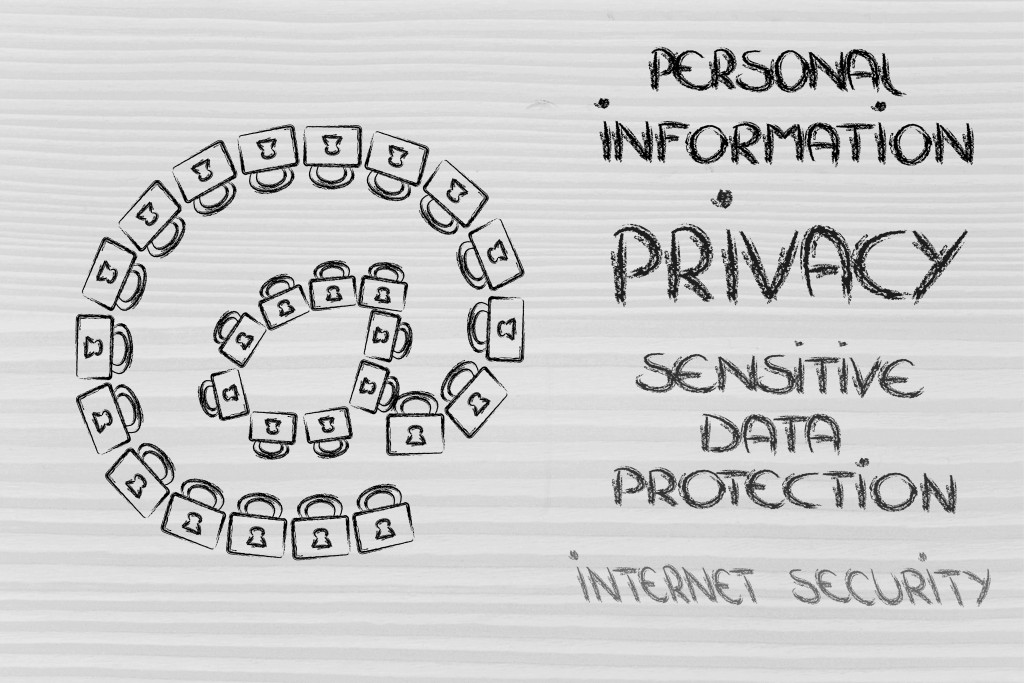
Some groups come to a consensus on the best domain name for their business or venture very quickly, while other times there are some serious conversation and debates that go on around them. And of course, it’s entirely possible that the domain name you all come to agree on is not available in the first place. Businesses that have a unique name or are based around an irregular surname will usually be fine with getting their desired domain, and there are plenty of free domain name availability checkers out there for people to use.
There are also a lot of people who speculate on domain names, buying them in hopes that the demand for them will increase and they’ll be able to sell them at a profit sometime in the future. That’s an entirely different topic of discussion, but we are going to talk about is something that is very beneficial for people but a topic that maybe won’t entirely make sense to a lot of people at the same time.
That’s because they are likely to think that once you’ve secured a domain name then that’s the end of it. Why would investing in domain privacy even be an issue to begin with? Well, it can be an issue and for those with more commonplace domains it is even more highly advisable. This is something that any good Canadian web hosting provider will agree with very readily, and that applies to us here at 4GoodHosting too.
There is no shortage of very good reasons why some domain owners would be wise to invest in privacy protection for their domain name, and that’s going to be our focus with this week’s entry here.
Smart Access Containment
Without exception, it is possible that anyone’s personal data may be insufficiently defended against cyberattacks and data breaches. A domain security add-on is never going to be mandatory, but the extra security it provides to protect your website, personal information, and identity is recommended and for some much more so than others.
These are reasons why you should invest in domain privacy protection, and its generally understood that those considering it will know if there digital world work realities necessitate more for them than others.
1. Anyone is able to access your personal information
ICANN is an abbreviation for the Internet Corporation for Assigned Names and Numbers and what it does is require anyone (business, organization, individual – anyone) who owns a website to provide full contact information for the domain that they wish to purchase. And after it has been purchased then all of the contact details attached to your web hosting domain becomes publicly available to anyone on the Internet. That’s attributable to the function of WHOIS, a database that keeps a full record of who owns a domain and how that owner can be contacted.
Once in the WHOIS database, there are no limitations around who can enter your registered domain name into the search bar, and retrieve your personal information. Meaning anyone can do it. Along with your phone number, email address, and mailing address, WHOIS will have information about who the domain is registered to, the city they reside in, when the registration expires, and when the last update for it occurred.
The problem there of course is that hackers and spammers can misuse your data for dishonest purposes. And keep in mind that WHOIS you’re only allowed to register a domain with authentic information. You can can’t conceal the truthfulness of anything.
2. You are able to prevent data scraping
One of the major detrimental outcomes of data scraping is that it can leave you at the mercy of disreputable marketers. Receiving a ton of marketing emails and phone calls soon after registering your domain name is a sign you’ve been victimized by data scraping: the process of gathering information from publicly available sources, and then transferring it into a spreadsheet or local file to be used for various purposes.
Unfortunately, this is a common mailing list generator tactic for 3rd-party vendors and they do it to sell the information to businesses and organizations for a profit. Once that happens you are instantly inundated with unwelcome communication aimed at separating your from your $. And in a worst-case scenario data scraping can lead to eventual identity theft. Email phishing scams can grow out of data scraping too, but domain privacy protection reliably prevents all of that.
3. Avoiding competitors engaged in market research
Having your information publicly available through WHOIS makes it that much easier for your competitors to steal your contact information and use it for their own business strategies. Investing in domain privacy protection will make it challenging for them to do this. But if they can, such valuable information can give them the type of insight into your business and the way you operate that you really don’t want them to have. Even in the slightest.
4. Quick & Easy to Add
The option of adding domain privacy protection is usually made available to you within the process of new domain name registration. But if you had decided not to enable it at the start, you can still change your mind to add domain privacy to an existing domain name.
There is one notable limitation to domain privacy protection, and that’s if you’re looking to sell your domain name in the future.. Potential customers or business partners who wish to buy your domain name might have difficulty getting in contact with you in a timely manner. That’s really about it though, and investing in domain privacy protection is entirely advisable most of the time. You will be able to take your personal information off a public platform so data scraping becomes impossible, and this both ensures your information does not fall into the wrong hands along with hiding valuable information from your competitors.














